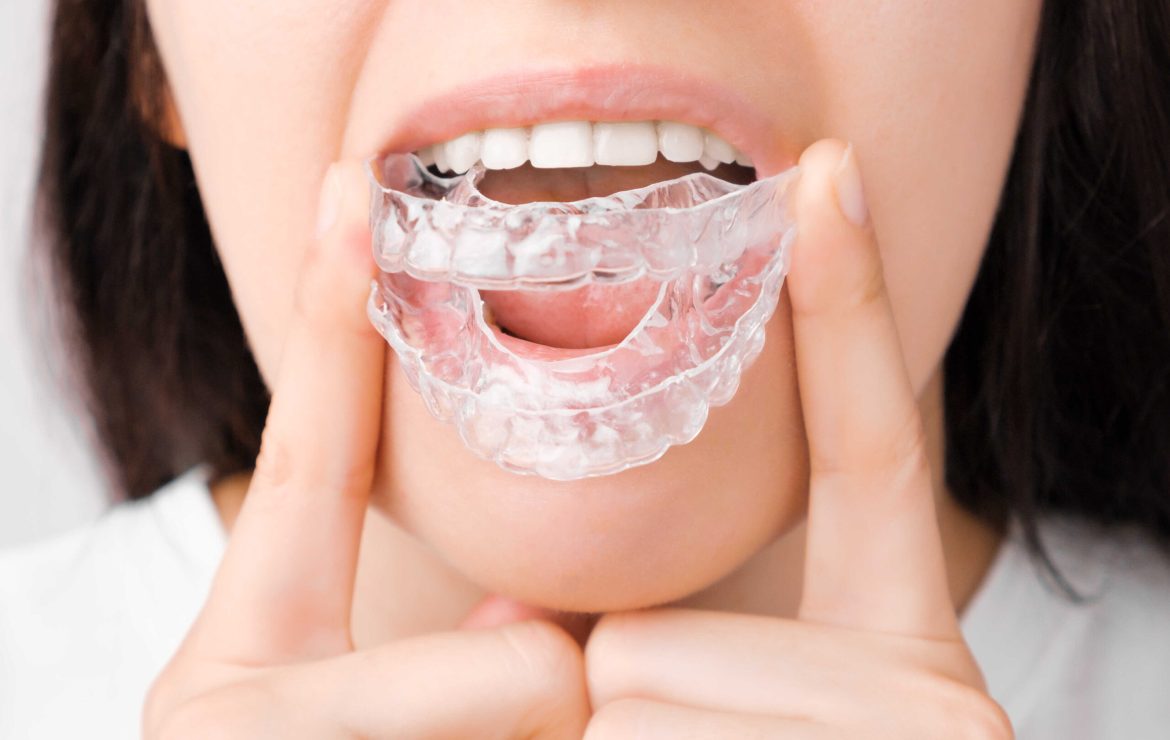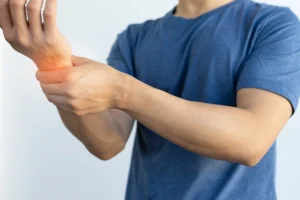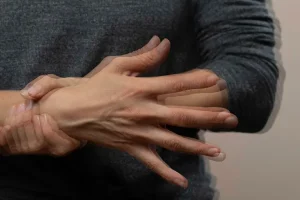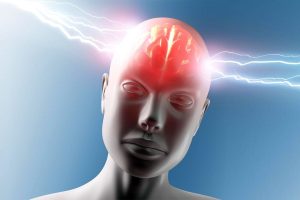Does Teeth Grinding (Bruxism) Cause Headaches and How Is Botox Applied in Its Treatment?

Does Teeth Grinding (Bruxism) Cause Headaches and How Is Botox Applied in Its Treatment?
Teeth grinding, medically known as bruxism, is a common condition that negatively affects the daily lives of many people. This condition, often caused by stress, anxiety, or sleep disorders, can lead to various issues such as tooth wear, jaw pain, and headaches. Specialist Dr. Mustafa Zafer Demirtaş, working at the Alanya neurology clinic, provides detailed information on the headaches caused by teeth grinding and the application of Botox in the treatment of this condition.
What Is Teeth Grinding (Bruxism)?
Bruxism is the condition where individuals grind or clench their teeth, either consciously or unconsciously. This condition can occur both while awake and during sleep. The habit of teeth grinding can lead to a range of issues, including tooth wear, cracks, pain and tenderness in the jaw muscles, temporomandibular joint (TMJ) problems, and headaches.
The Relationship Between Teeth Grinding and Headaches
Teeth grinding can cause continuous tension in the jaw muscles, leading to headaches. These headaches are usually concentrated in the temple areas and can be described as tension-type headaches. Additionally, TMJ problems caused by teeth grinding can also contribute to headaches. The constant pressure and tension from teeth grinding can affect the nerve endings, triggering headaches.
The Use of Botox in the Treatment of Bruxism
Various methods can be used in the treatment of bruxism. Night guards, stress management, and various physical therapies are commonly used methods to alleviate the symptoms of bruxism. However, in recent years, Botox applications have emerged as an effective solution in the treatment of bruxism. Specialist Dr. Mustafa Zafer Demirtaş at the Alanya neurology clinic has achieved successful results in alleviating headaches and other symptoms caused by teeth grinding through Botox treatment.
What Is Botox and How Does It Work?
Botox is a toxin derived from the bacterium Clostridium botulinum, which provides temporary muscle relaxation. Botox works by blocking the signals from the nerves to the muscles, preventing muscle contractions. This reduces the tension in the jaw muscles caused by teeth grinding, thereby alleviating related symptoms.
How Is Botox Applied in the Treatment of Bruxism?
Botox treatment for bruxism should be performed by a specialist. At the Alanya neurology clinic, Specialist Dr. Mustafa Zafer Demirtaş applies this treatment through the following steps:
- Assessment and Planning: First, the patient’s teeth grinding habits and symptoms are thoroughly assessed. Based on the condition of the jaw muscles and the severity of the headaches, a treatment plan is created.
- Botox Injection: According to the treatment plan, the areas where Botox will be injected are determined. Injections are typically administered to the masseter and temporal muscles to reduce the tension caused by teeth grinding. The injection process is completed quickly and is generally painless.
- Follow-Up and Evaluation: After the Botox injection, the patient’s symptoms and muscle relaxation are regularly monitored. If necessary, adjustments to the treatment plan can be made, and additional injections can be administered.
Advantages of Botox Treatment
There are many advantages to using Botox in the treatment of bruxism:
- Quick and Effective: Botox injections can be administered quickly and generally start to show effects within a few days. The tension and headaches caused by teeth grinding are rapidly reduced.
- Minimal Side Effects: Botox treatment is generally associated with minimal side effects. Mild redness or swelling may occur at the injection sites, but these effects are temporary.
- Long-Lasting Effects: The effects of Botox injections typically last between 3 to 6 months. During this period, the symptoms caused by teeth grinding are significantly alleviated.
Conclusion
Teeth grinding (bruxism) is a common problem that can lead to headaches and other uncomfortable symptoms. Specialist Dr. Mustafa Zafer Demirtaş at the Alanya neurology clinic offers effective solutions for patients through Botox treatments. Botox is effective in reducing the tension in the jaw muscles caused by teeth grinding, thereby alleviating headaches. If you are suffering from bruxism and related symptoms, you can consult a specialist to learn more about Botox treatment.







